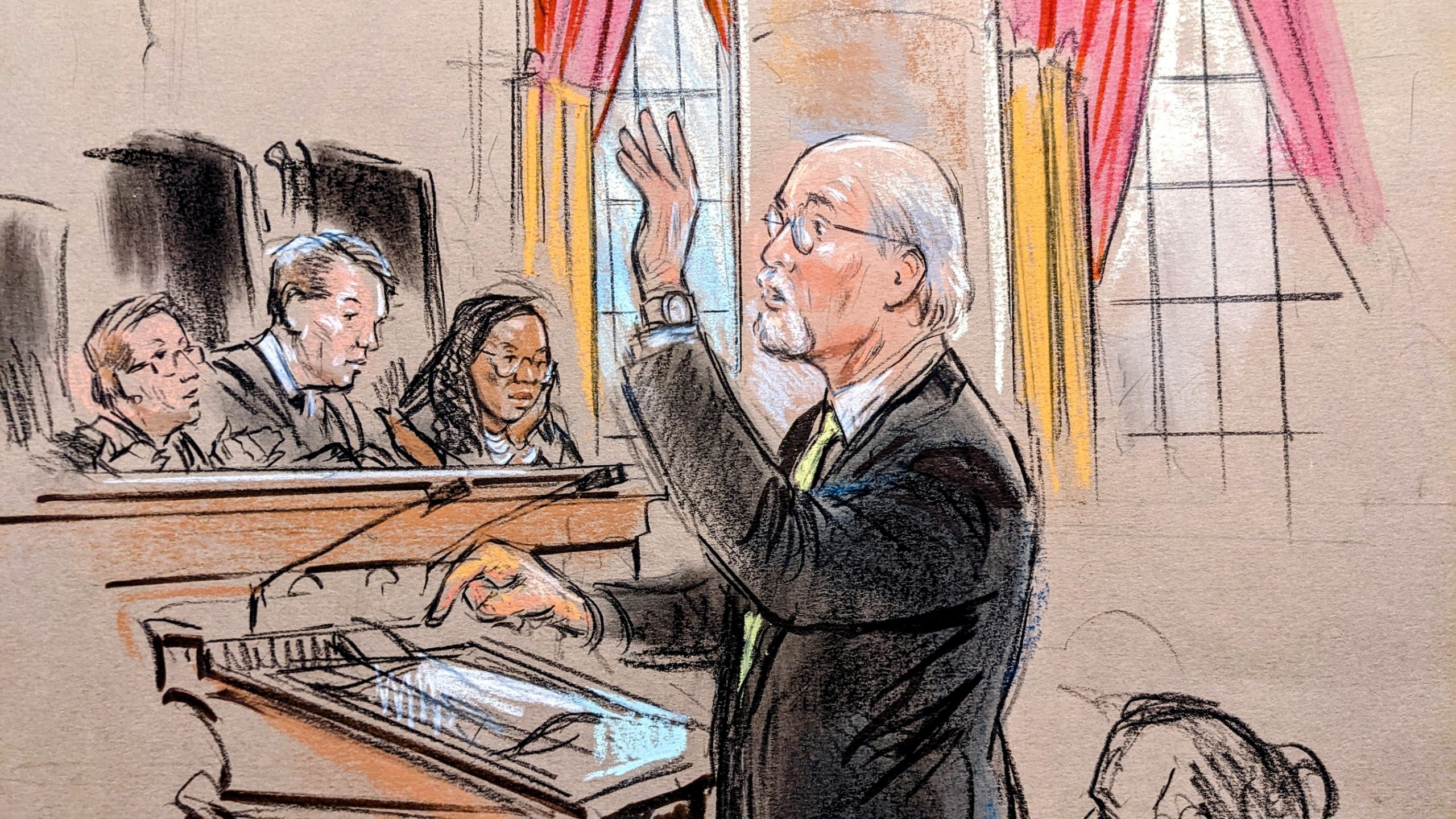Reviewing the Midterm Ballot Election Results
The ballots facing voters in the midterm elections contained the fewest ballot questions in the last two decades. But there were enough of them — 140, to be exact — to provide a picture of what voters think about a variety of subjects.
Now that most of the votes have been counted, we can review the returns to see how Americans responded. Here is a summary:
Strong Support for Abortion Access
Among ballot questions, this is the subject that has drawn the most attention.
Questions about abortion were on the ballots in five states. Three of them — California, Michigan, and Vermont — sought to protect access to abortion by enshrining it in their state constatations. The two others — Kentucky and Montana — took the opposite tack, seeking constitutional restrictions on abortion.
The fact that voters in California, Michigan, and Vermont voted yes by substantial margins was expected. The big news was the fact that voters in Kentucky and Montana voted no.
Coupled with the earlier rejection of a ballot measure in Kansas in August, it meant that abortion-rights supporters ran the table when voters had a chance to respond directly. The success is already prompting them to discuss expanding the use of ballot questions in future elections.
Mixed Results on Pot Legalization
The legalization of recreational marijuana was on the ballot in five states, and the results were mixed.
Voters in Maryland and Missouri said yes by nearly identical, 53-47, margins.
In Arkansas, voters gave legal pot the thumbs down, 56-44. Voters in the Dakotas also said no; in South Dakota, the tally was 53-47, and in North Dakota, it was 55-45.
With the passages in Maryland and Missouri, recreational weed is now legal in 21 states.
Most Voters Say No to Slavery for Prisoners
Five states gave voters ballot questions about changing their constitutions to prohibit slavery and involuntary servitude as punishment for crimes. Voters in four of them — Alabama, Oregon, Tennessee, and Vermont — said yes.
In Louisiana, however, voters may have heeded the advice of lawmakers who said the ballot question had unclear language that would not prohibit involuntary servitude. With 95% of the vote counted on Nov. 11, the margin was 61-39.
With voters in four states saying yes, that leaves 12 states that still have language allowing slavery and involuntary servitude for prisoners.
Californians to Sports Betting Supporters: Get Lost
When we consider the money spent by supporters and opponents of ballot measures, the two biggest efforts in the country — by far — involved sports betting in California. Supporters and opponents spent a total of nearly $600 million on their campaigns, and in the end, voters said no to both by huge margins.
Proposition 26 would have legalized sports betting on American Indian lands, but voters rejected it 69-31. Proposition 27 would have legalized online sports betting and created a fund for “homelessness programs” financed by a 10% tax on the gambling revenue, but the effort lost in an 83-17 landslide.
Here and There
A few other ballot-question results of note:
- Nevada is now the third state to institute ranked-choice voting, joining Alaska and Maine. The tally was 52-48.
- Californians voted 62-38 to ban flavored tobacco products.
- Massachusetts voters approved a measure to increase the tax on people who make more than $1 million in annual income. The measure adds 4% to the existing 5% flat-rate income tax and dedicates the additional money to education and transportation purposes. The vote was 52-48.
- Arkansas and South Dakota voters overwhelmingly rejected efforts to require a 60% supermajority for the passage of ballot measures. With 82% of votes counted in Arizona on Nov. 13, a similar measure was too close to call at 51-49.
- Gun questions were on the ballot in two states. Voters in Oregon narrowly approved a measure, 51-49, to toughen the state’s gun laws. Iowans voted 65-35 to enshrine the right to keep and bear arms in the state constitution.
- Voters in Nebraska and, it appears, Nevada strongly approved minimum wage increases. Washington, D.C., residents voted to equalize the minimum wages of tipped and non-tipped workers.
Facebook Post
Voting on ballot questions, Americans said yes to abortion access and prohibiting punishment of prisoners with involuntary labor. They said yes and no on pot legalization, and they took dim views of efforts to make it harder to pass future ballot questions.
Related Resources:
You Don’t Have To Solve This on Your Own – Get a Lawyer’s Help
Meeting with a lawyer can help you understand your options and how to best protect your rights. Visit our attorney directory to find a lawyer near you who can help.






